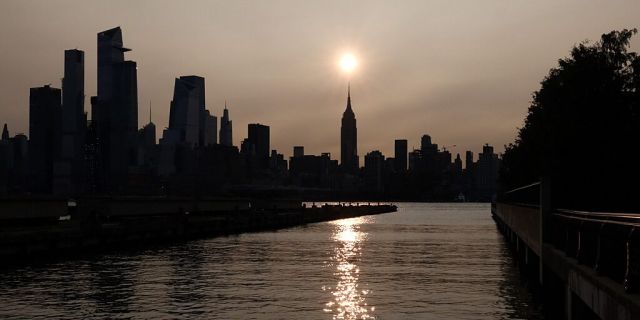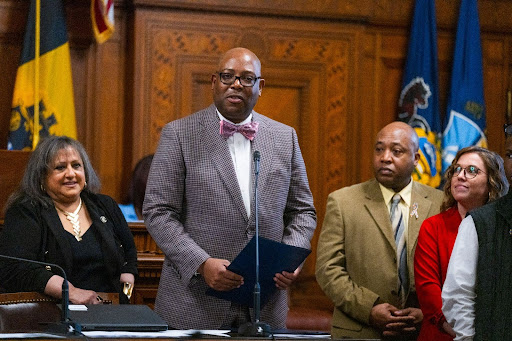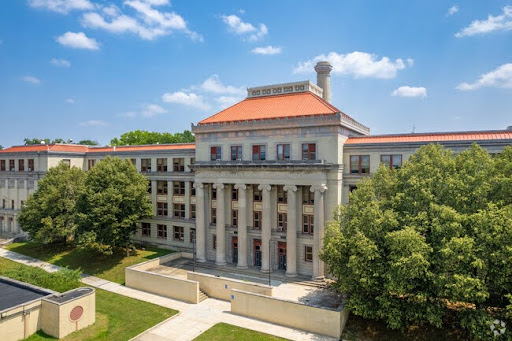West Coast Wildfires: An Air Quality Investigation
For a little over four months now, the West Coast of the United States has been plagued by wildfires, destroying homes and the families who lived in them alike. The origin of the fires is believed to have started from human-related causes such as a gender reveal party gone wrong with pyrotechnics but also can be attributed to natural causes like lightning mixed with extreme heat. The most intense and dangerous wildfires have forced citizens in California, Oregon, and Washington to evacuate, many of whom no longer have homes to come back home to.
These fires are no doubt causing problems in the west, but they are also having an effect here in the east. The smoke has been drifting eastward, reaching the East Coast of the United States as well as parts of Europe. Sunrises masked by smoke were a reality for many on the East Coast as they woke up on mornings in September.
A major issue with these wildfires is the air quality issues that come with it. This is especially bad in Pittsburgh, a city with a track record of poor air quality due to its history of industrial production. The many factories in Pittsburgh’s past emitted harmful chemicals and gasses into our air, violating many clean air laws in the process. Pittsburgh has received a failing grade from Lung.org in 2019 for its terrible Ozone and Particle Pollution.
Amos Chapman, an Allderdice senior said, “I think that the air quality in Pittsburgh is less than adequate. Obviously, it is a lot less thick with the absence of large amounts of toxic fumes than it was in the city’s heyday with steel production.”
With its already polluted air, these wildfires are really not helping the city’s fight for better air quality. For many Pittsburghers, the poor air quality can cause irritation in the eyes, nose, and throat as well as major issues in the cardiovascular system and respiratory system. A popular question some people have been asking due to these wildfires is if COVID-19 masks help protect people from poor air quality. The answer is no. The standard COVID masks helps prevent you from spreading your germs, which lowers the chances of spreading COVID-19 but the air particles are smaller and require a more industrial heavy duty mask.
Amos also said, “A plethora of other cities around the nation are doing so much better in regards to air and even water. I think the PPM [a measurement of particles in the air known as parts per million] in Pittsburgh air has increased since the wildfires have started. In general, access to clean air and water is a topic that is often overlooked, but it is definitely a factor in looking at health disparities.”
Whether you’re in a hot Allderdice classroom with the windows open, driving with the windows down, or just taking a walk around the block, Pittsburgh air is definitely not helping your health and is something the city needs to collectively work on.
Leaving a trail of destruction, western wildfires are also posing an economic threat that is just as bad for civilians. Many companies are raising prices for their services. Some electric companies have raised their monthly bills but that isn’t even the worst. Pacific Gas & Electric has had to shut off the gas and power of citizens in select areas. Some farmer’s land has been set ablaze by the wildfires with reports even saying that there has been a smell of burnt grapes from local farms and vineyards in the air.
As this is a difficult time for many out west, it has been affecting many all over the country on top of COVID conditions. While we leave it to firefighters and other professionals to help put the fires out, you can help by donating to the thousands of people who don’t have a home to come back to.
You can donate to the California Wildfire Relief Fund here.







